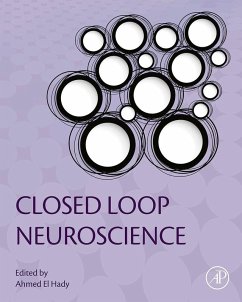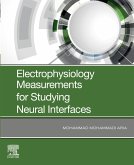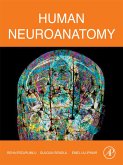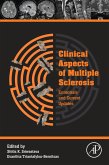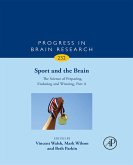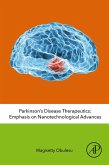Although closed-loop approaches have long been a part of the neuroscientific toolbox, these techniques are only now gaining popularity in research and clinical applications. As there is not yet a comprehensive methods book addressing the topic as a whole, this volume fills that gap, presenting state-of-the-art approaches and the technical advancements that enable their application to different scientific problems in neuroscience.
- Presents the first volume to offer researchers a comprehensive overview of the technical realities of employing closed loop techniques in their work
- Offers application to in-vitro, in-vivo, and hybrid systems
- Contains an emphasis on the actual techniques used rather than on specific results obtained
- Includes exhaustive protocols and descriptions of software and hardware, making it easy for readers to implement the proposed methodologies
- Encompasses the clinical/neuroprosthetic aspect and how these systems can also be used to contribute to our understanding of basic neurophysiology
- Edited work with chapters authored by leaders in the field from around the globe - the broadest, most expert coverage available
Dieser Download kann aus rechtlichen Gründen nur mit Rechnungsadresse in A, B, BG, CY, CZ, D, DK, EW, E, FIN, F, GR, HR, H, IRL, I, LT, L, LR, M, NL, PL, P, R, S, SLO, SK ausgeliefert werden.

